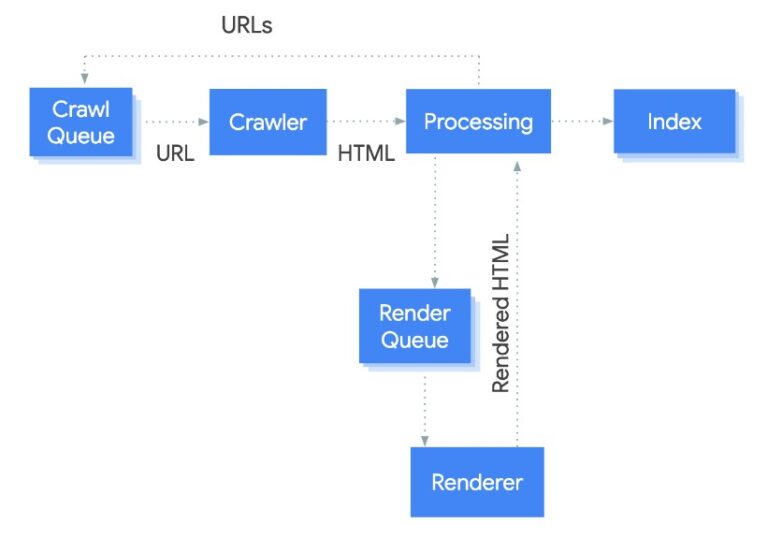In the early days of web development, Stack Overflow was essential. It was the go-to place for developers seeking answers, code snippets, and discussions on programming details. However, the once-thriving hub for developers now feels a bit outdated.
Stack Overflow’s decline isn’t solely due to reduced traffic or changes in developer behavior. It’s part of a broader trend: the transformation of how developers interact with technology, each other, and the tools they use to solve problems.
The platform that was once central to the developer community is struggling. Some say it’s a victim of its own success, while others attribute it to the changing web and developer ecosystem. Let’s explore why Stack Overflow is losing its relevance and where developers might be heading next.
The Fall of the Stack Overflow Empire
Observing Stack Overflow’s current traffic reveals something significant: the numbers are no longer rising.
In recent years, there’s been noticeable stagnation in active users and the number of questions posted. Why? The platform holds decades of knowledge from experienced developers worldwide.
The problem lies in Stack Overflow’s evolution—or rather, its lack thereof.
-
Over-Saturation of Content:
Stack Overflow is a vast knowledge base, but it’s too massive. It overwhelms newcomers and even experienced developers to sift through thousands of questions for the exact solution. It’s common for answers to be outdated, irrelevant, or hidden beneath numerous responses that may not align with modern best practices. -
The ‘Gatekeeping’ Problem:
The platform’s community-driven moderation system, though initially well-meaning, has become problematic. Many new users face harsh downvotes for asking questions deemed “too simple” or “too broad.” This has fostered a culture where only certain questions are welcome, while others—often those a beginner or intermediate developer might ask—are dismissed. -
Stack Overflow’s Declining Engagement:
With its waning relevance, developers are seeking alternatives. Instead of scouring the forum for solutions, many turn to faster, more dynamic options like Discord communities, Slack groups, and even Reddit threads, which feel more approachable and current. These platforms enable real-time conversations, something Stack Overflow, with its strict Q&A format, can’t replicate. -
The Rise of AI and Automation:
AI is the elephant in the room. Tools like GitHub Copilot and ChatGPT are reshaping how developers solve problems. Why spend time searching for answers in a forum when AI can provide code solutions in seconds? AI-driven tools are set to take over tasks once done manually by developers on forums like Stack Overflow. With natural language processing and code completion systems, searching through threads feels old-fashioned.
The Real Threat: Developer Communities Are Evolving, Not Dying
Developers still need help. The need for peer support and problem-solving is greater than ever, but developers are changing how they seek solutions.
Where are they going? Let’s explore some emerging spaces where developers spend their time.
-
Discord and Slack Communities:
Discord has become a central hub for developer communities. From niche programming languages to broader web development topics, Discord servers offer a space for real-time conversations, code sharing, and tech trend discussions. Slack communities provide similar benefits with a professional edge, focusing on productivity and collaboration within development teams. -
Reddit – A New Age Knowledge Base:
Subreddits dedicated to specific programming languages or technologies are thriving. Unlike Stack Overflow, Reddit offers a more conversational and flexible environment. It allows for more context around questions, where users can debate, discuss, and refine solutions rather than just finding a quick answer. -
GitHub and Code Review Communities:
GitHub is no longer just a version control platform. It has evolved into a dynamic community of developers contributing code, sharing ideas, and providing peer reviews. The shift from Q&A forums to code-centric communities reflects the growing emphasis on collaboration over individual problem-solving. -
Paid Platforms:
As the developer ecosystem matures, paid knowledge-sharing platforms are gaining traction. Sites like Egghead.io, Frontend Masters, and even Dev.to offer more focused, high-quality content delivered in ways that suit today’s developers. -
AI-Powered Tools and Developer Assistants:
AI is transforming everything, including how developers get help. GitHub Copilot and ChatGPT create a future where developers no longer need to search for answers—they simply ask the AI, and it delivers. While AI assistants still have room for improvement, they’re already valuable as real-time coding companions.
Is the End of Stack Overflow the End of Developer Communities?
Stack Overflow’s decline reflects a broader change in how developers collaborate and learn. As developers’ needs evolve, so do the spaces where they work and learn.
Stack Overflow’s rigid, outdated approach to answering questions no longer suits the dynamic, fast-paced world of modern development.
Is this the end of developer communities? Absolutely not. Developers will continue to collaborate, solve problems, and create incredible things, but the platforms they use will keep changing.
Stack Overflow may have been the gold standard





